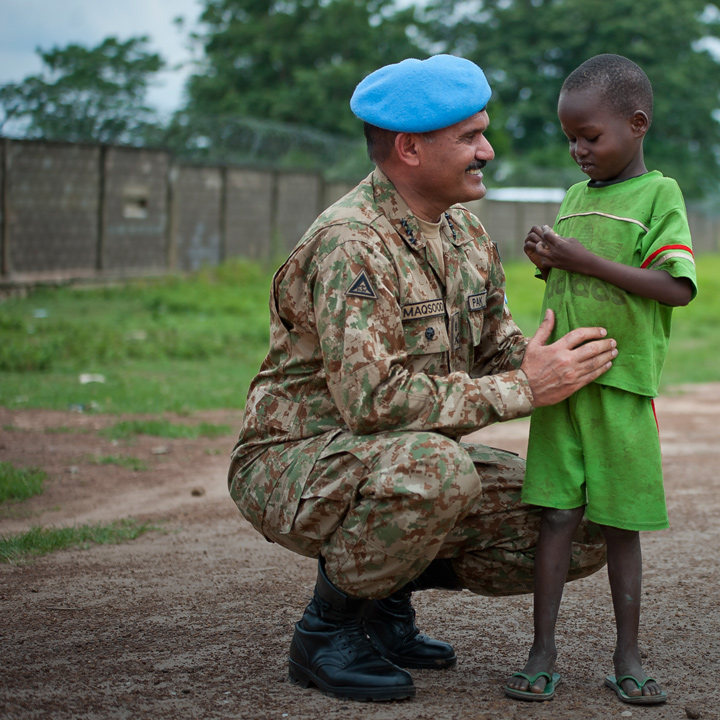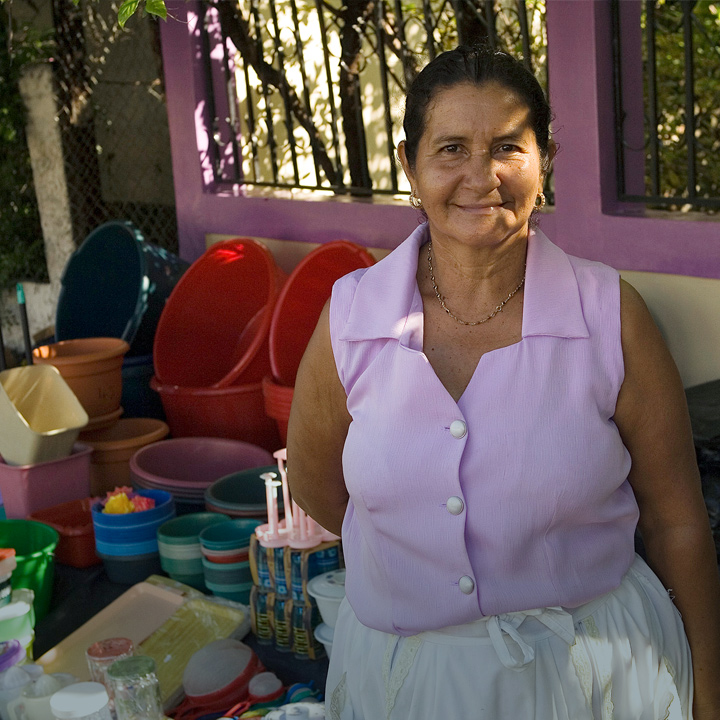Private Sector Engagement in Humanitarian Action
The number of refugees and internally displaced people is at its highest since the Second World War. The structure and resources of the humanitarian system are increasingly insufficient to meet the needs of people fleeing conflict. Understanding that the primary responsibility for peace rests with Governments, the magnitude and urgency of current emergencies require support from all actors in society – including business.
The global refugee crisis unfolding across Europe, the Middle East and Africa challenges the world, but also presents an enormous opportunity for businesses to be a force for good. All aspects of the refugee crisis are better managed when different stakeholders come together to look for people-driven, values-based approaches where public policies are met by responsible business operations, new business models, investment, innovation and technology.
Recognizing that business expertise, resources and innovative approaches can be leveraged to address humanitarian needs, the UN Global Compact Business for Peace platform has embarked on a project to promote and inspire private sector engagement in humanitarian action.
Business Action Pledge in Response to the Refugee Crisis
In September 2015, the UN Global Compact, in partnership with The UN Refugee Agency (UNHCR), launched a Business Action Pledge in Response to the Refugee Crisis to encourage the private sector to support existing efforts and provide solutions to the widespread societal disruption.
The Pledge calls on companies with operations or supply chains in countries that are producing, transiting and receiving refugees to determine how to best support, based on their own assets and capabilities. Companies can demonstrate leadership by taking action – as an individual company or in partnership with others.
Click here to share the actions that your company is already taking or make a new commitment to help respond to the refugee crisis.
Multi-Stakeholder Dialogues and Collaboration Labs
Through the Multi-Stakeholder Dialogues, UN Global Compact and its Global Compact Local Networks will convene key humanitarian agencies, UN, private sector, governments, and other stakeholders to assess the humanitarian needs in a particular country and identify areas for private sector action.
After having identified the needs, the stakeholders can choose to organize Collaboration Labs to further identify opportunities for action and shape the ideas generated into concrete projects and partnerships that present innovative solutions designed to meet the needs of people in the midst of humanitarian crises that stem from conflict.
Contact the Global Compact Local Network in your country to support country-level coordination.







